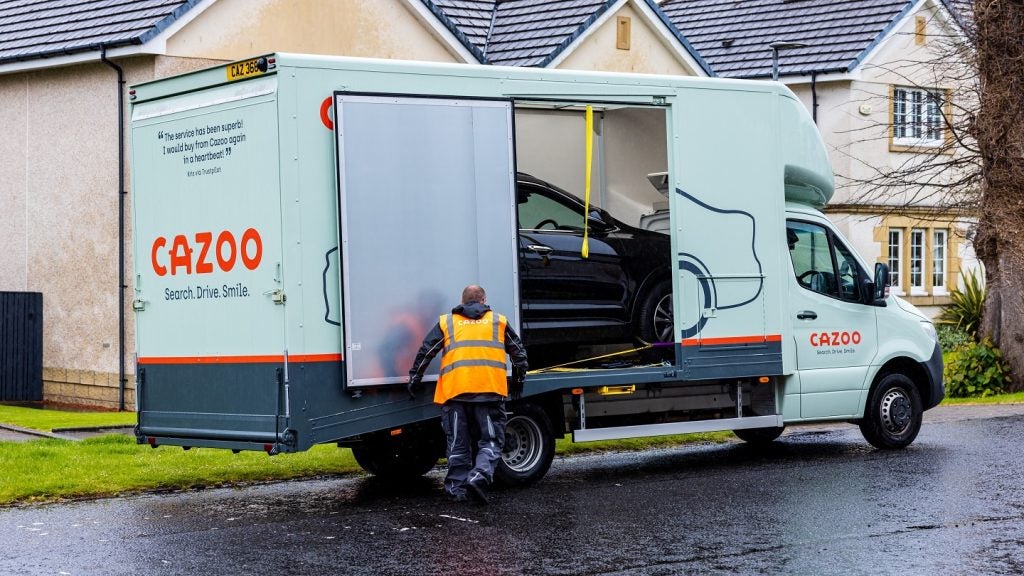
On average, households spent £554.20 a week in 2017, according to figures released by the Office of National Statistics (ONS), as increasing transport costs pushed expenditure to above pre-recession levels.
The last time household average weekly spend was higher was in 2006. In 2016, household spend was just £533.
The ONS said increasing transport costs were a significant factor in this jump.
The average weekly bill for transport for £79.70, £5.40 more than in 2016 and a jump the ONS described as ‘significant.’ Transport was also the UK’s top spending category.
Costs were driven up by increased spending on the purchase of vehicles, running costs and increased expenditure on other transport (for example public transport and air fares).
The ONS noted the highest increase was from the purchasing of vehicles. The average spent buying a new car increased by £1.80 when compared with the previous year, whilst spending on second-hand vehicles increased by £3.10.
How well do you really know your competitors?
Access the most comprehensive Company Profiles on the market, powered by GlobalData. Save hours of research. Gain competitive edge.

Thank you!
Your download email will arrive shortly
Not ready to buy yet? Download a free sample
We are confident about the unique quality of our Company Profiles. However, we want you to make the most beneficial decision for your business, so we offer a free sample that you can download by submitting the below form
By GlobalDataThe ONS said it saw an increase in spending on cars bought outright and cars bought on PCPs. The latter was especially true in the used car sector, where costs increased from £4.40 on average per week to £6.50.
Broker Graham Hill said: “It’s certainly encouraging that the negative narrative didn’t drive away punters altogether but next year’s report will be more revealing about how closely the fate of PCPs are tied to the recent downturn in the car market.
“Having said that, consumers still need to be mindful about what they are getting into when buying new or used cars.
“While PCPs themselves can be appropriate solutions for many car owners – as they reduce the monthly payments quite significantly – it’s the way they are being sold that saw PPI lawyers start to circle in 2016.”






